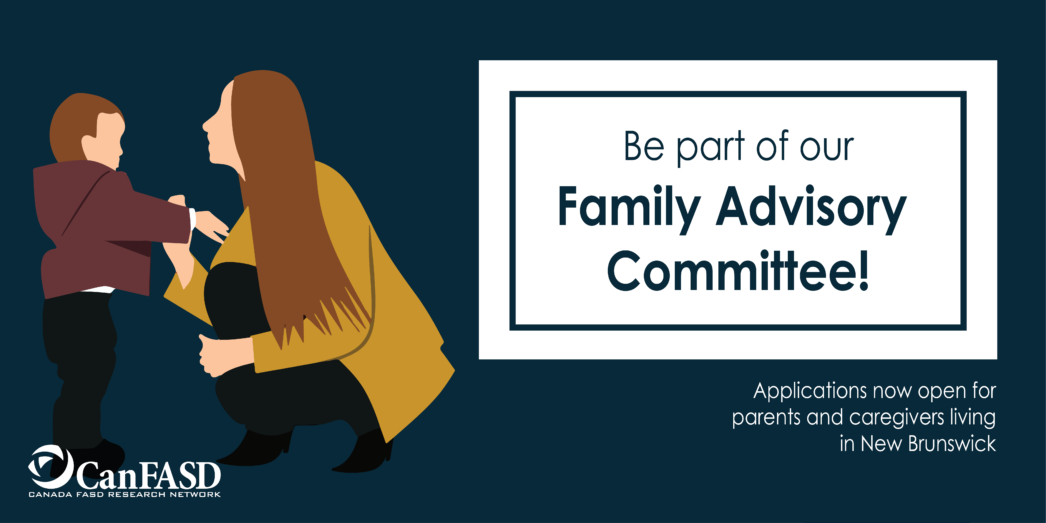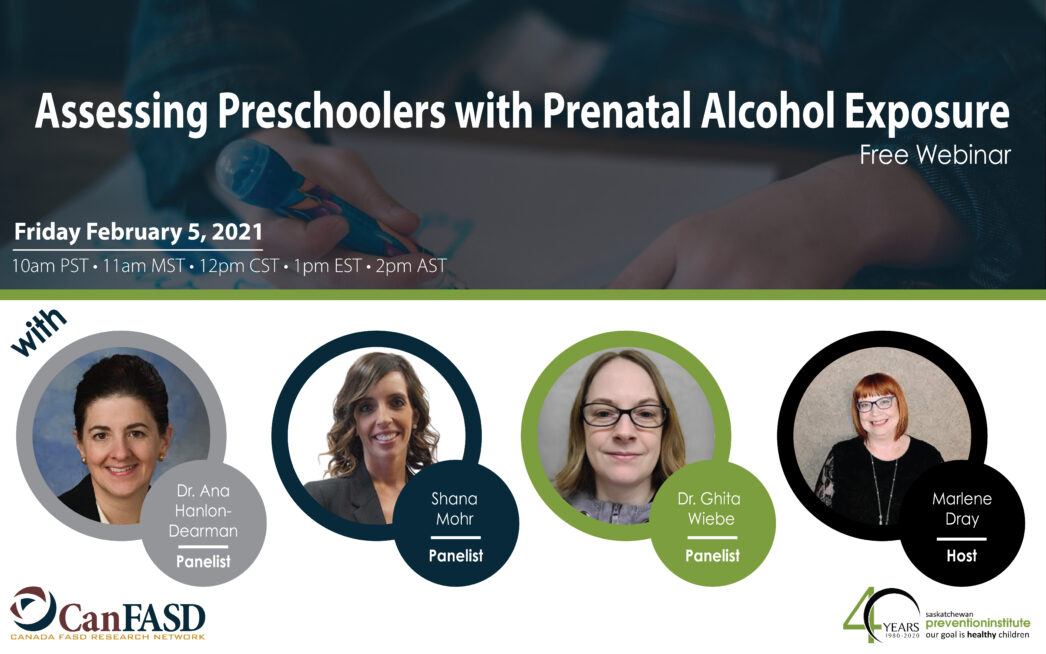Pain is your body’s alarm system responsible for alerting you to injuries. The sensitivity of this alarm can be different between individuals. Some people’s alarms go off easily while others are harder to trigger.
Be a part of our Family Advisory Committee
We are currently accepting applications from caregivers in New Brunswick to be a part of this committee. If you are interested in joining, please fill out an application form.
New Webinar: Assessing Preschoolers with PAE
Register now for our new webinar Assessment of Preschoolers with Prenatal Alcohol Exposure. A joint event with the Saskatchewan Prevention Institute and CanFASD, this panel discussion will feature presentations from Dr. Ana Hanlon Dearman and Dr. Ghita Wiebe. It will be a 1-hour event at 1:00 pm eastern time on February 5, 2021. Receiving a diagnosis of Fetal Alcohol Spectrum … Read More
Article Summary #18: Transitioning Youth from Foster Care to Developmental Services
There have been many studies on youth transitioning out of the foster care system. Yet, little research has focused on transition-aged youth who have disabilities. Researchers suggest that youth with developmental disabilities who live in the foster system and ‘age out’ have increased risks and vulnerabilities, such as problematic drug and alcohol use, homelessness, poverty, chronic medical conditions, and criminal justice involvement.
Article Summary #17: Review of Transition Planning Tools for Youth with FASD
The researchers of this study reviewed the literature on transition planning processes for youth with FASD across Canada to determine the strengths and challenges of the existing tools and provide some recommendations for families to successfully navigate the transition from youth to adulthood.
Article Summary #16: Collaborative Action on FASD Prevention
This Article Summary is part of our CanFASD Connect Top Articles Summary Series. Over the next several months, we will be bringing you summaries of all the recent research papers from our list of the Top FASD Articles of 2019. This is an overview of a recent research paper called Collaborative Action on Fetal Alcohol Spectrum Disorder Prevention: Principles for Enacting the Truth and Reconciliation Commission Call to Action #33.
Article Summary #15: Prenatal care of women who give birth to children with FASD
Documenting if women who gave birth to children with FASD had access to adequate prenatal health care is the first step in understanding the role that these services play in helping to reduce prenatal alcohol exposure. However, few studies have investigated the rates of prenatal care use by women who have given birth to children with FASD.
Article Summary #13: Barriers to screening for alcohol and drug use
Although health care professionals in maternity care settings play a major role in screening, researchers have shown that this screening is not consistently occurring. Existing research has identified some of the barriers that women who are pregnant face when accessing prenatal care, however, very little research has been done to explore the barriers that primary care workers face when providing care.
Article Summary #12: Technology-Based Interventions Among Women of Childbearing Age
Many behavioural interventions have been developed aimed at reducing alcohol and illicit drug use among women of childbearing age. However, these traditional interventions are not always effective. Technology-based interventions (TBIs) have many advantages over traditional interventions.There is growing evidence demonstrating the effectiveness of TBIs in changing health behaviours, but it is unclear whether TBIs are useful in preventing or reducing substance use.
‘Falling through the cracks’: The impacts of COVID-19 on people with FASD
This pandemic has been challenging for all of us. But for those with disabilities and those who are disadvantaged in systems already, these challenges are much greater. This is the case for most individuals with FASD and their families. In some cases, families have been able to cope better during this time, finding comfort in limited societal expectations. However, many are struggling.





